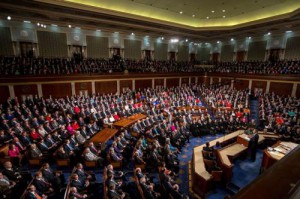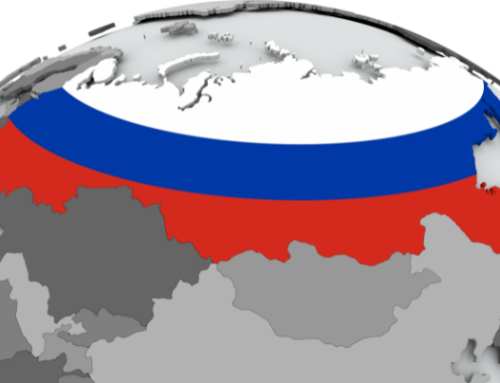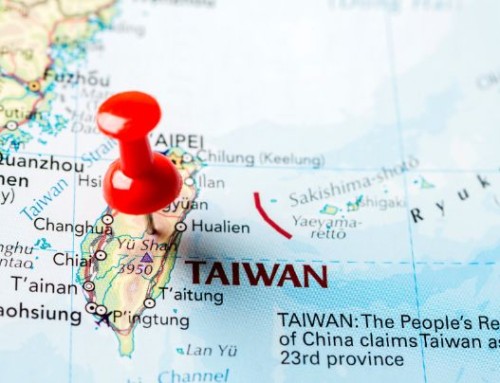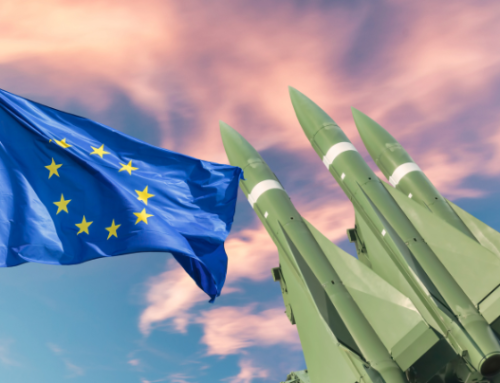 If asked, most Americans would agree that economic and financial chaos or a stunning terrorist attack by foreign Jihadis possibly with nuclear and other weapons of mass destruction constitute among the gravest threats to the United States. But America faces other more immediate, yet tolerated dangers that have done and are doing irreparable harm to the nation. Sadly, these dangers do not provoke enough public fury or even attention to motivate corrective action.
If asked, most Americans would agree that economic and financial chaos or a stunning terrorist attack by foreign Jihadis possibly with nuclear and other weapons of mass destruction constitute among the gravest threats to the United States. But America faces other more immediate, yet tolerated dangers that have done and are doing irreparable harm to the nation. Sadly, these dangers do not provoke enough public fury or even attention to motivate corrective action.
These tolerated threats are bad governance, hubris and self-delusion. Bad government is so wide spread that the public now accepts Washington’s dysfunctionality as the new norm. And hubris and self-delusion have been so assimilated into the national culture and vocabulary as to be an integral part of this new norm as cancer is to healthy human cells.
About bad government, it may well be that a system of checks and balances cannot operate effectively as long as both political parties are driven by ideological extremes that view compromise as capitulation and exercise of reason as disloyalty or political treason. Sequestration as mandated by the Budget Control Act is not merely evidence of broken government. It is a symptom of political insanity as it allows no flexibility in taking these relatively small cuts rationally, maximizing the damage – except when it affects Congress.
Sequestration led to furloughs of air controllers. For several days flight schedules were disrupted and delayed inconveniencing, among others, members of Congress. Congress would not deal immediately and seriously with issues of real consequence such as the budget or public outrage over school shootings in Watertown, Connecticut, let alone granting flexibility to national defense and law enforcement to minimize the effects of sequestration. But Congress quickly acted to free up money to return all air controllers to work thus removing this disruptive impediment to its life–a symptom of how political madness has exacerbated bad government.
Hubris and self-delusion are more insidious. Despite the Vietnam War largely lost by hubris and self-delusion, over the intervening years and especially since September 11th, Americans have been led to believe in our exceptionalism, our role as the world’s sole remaining superpower and as the globe’s indispensible nation. Along the way, we have turned the “war on terror” into a missionary crusade directed against an ill-defined Jihadist global threat and in the process have wrecked our standing, influence and reputation in how we are regarded internationally.
But prior generations of Americans would have rejected these inflated claims of special status and exceptionalism. In a globalized world, the diffusion of all forms of power means that no single state can or will control international geo-economic politics. Nor is the post-Cold War notion of a single superpower relevant given this diffusion of power. The inability of conventional military might alone to defeat an enemy lacking armies, navies or air forces has further eroded the cachet of sole superpower status. And the war on terror has turned into a nightmare as anti-Americanism abroad reaches new heights diminishing our reputation, influence and standing.
Fueled by foreign perceptions of two wars gone wrong and magnified by the effects of Guantanamo, Abu Ghraib and renditions of enemy combatants; drone attacks and targeted assassinations judged illegal and immoral; leading from behind in Libya; and the absence of good options in Syria, Iran and North Korea, U.S. standing as the leader of the Free World is in tatters. Yet, without better understanding of how these negative perceptions tarnish America’s standing and influence, self-correction is virtually impossible. And indifferent or apathetic American responses to anti-Americanism are strong evidence of bad government, hubris and self-delusion.
So when American presidents and its political leaders lecture the world on American exceptionalism and greatness, the predictable outcome is too often to demean and diminish its values, intentions and actions. As burgeoning debt and deficits sap economic growth and reduce expectations about accessibility to the famous American dream along with current standards of living, so too is the image of America as that “shining city on the hill” in serious decline, perhaps precipitously.
That does not mean the United States will be consigned to second or third class status. It clearly will be the world’s largest economy for a very long time to come. And it retains the potential to lead the world to a better place.
But will or can America use that potential for good? Or will America’s bad government, catalyzed by hubris and self-delusion prevent its better angels as Lincoln observed from emerging? Since 1789 and the creation of the United States, the Civil War, the Depression and World War II were the greatest tests this nation faced.
The test today is far different. It is largely if not exclusively focused at home. Of course, foreign dangers persist. However, unless we can force government to work and learn to restrain our national ego, prospects for these better angels emerging are not good.






Comenteaza